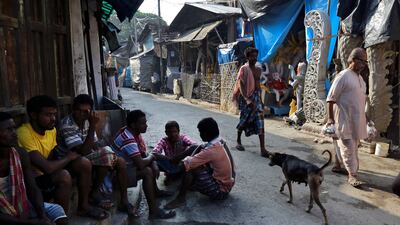Asked last year to comment on the state of India's inequality, the celebrated French economist Thomas Piketty replied: "We don't really know". But now we do. According to a paper published last week by Mr Piketty and his colleague, Lucas Chancel, income inequality in India is at its most extreme since 1922, when India was a British colony. The liberalisation of India's economy, which began in the 1980s and intensified in the 1990s, lifted millions of people out of extreme poverty. India is now home to one of the largest middle classes. But the chief beneficiaries of the state's gradual self-evacuation from the "commanding heights" of the economy have been the top one per cent of Indians, who today appropriate a larger share of the country's income than at any point in the last century.
Under the British Raj, says the report by Messrs Piketty and Chancel, the "top 1 per cent of earners captured less than 21 per cent of total income". This figure, having dropped to six per cent in the early 1980s, now stands at 22 per cent. Advocates of economic growth have long argued that the pursuit of equality hampers the fight against poverty. Prosperity, they said, would eventually percolate to the bottom rungs of society. This clearly hasn't happened. In fact, according to Messrs Piketty and Chancel, the Indian middle class was better off between 1951 and 1980 – the high noon of socialism. This period, much decried now, is when India built its industrial capacity and laid down safety nets for the poorest.
The better future promised by champions of economic reforms may yet come about, but what of the millions of Indians who have adversely been affected by this transition? Indian prime minister Narendra Modi promised to reach out to them. Yet his policy of "demonetisation", which banned 86 per cent of all currency in circulation, only compounded the misery of India's poorest. The rich are getting richer, the middle class is getting poorer, and there is no upward mobility for the poor. If Mr Modi doesn't urgently address this problem, "shining India" will come to be seen as a cruel hoax.
Follow The National's Opinion section on Twitter

